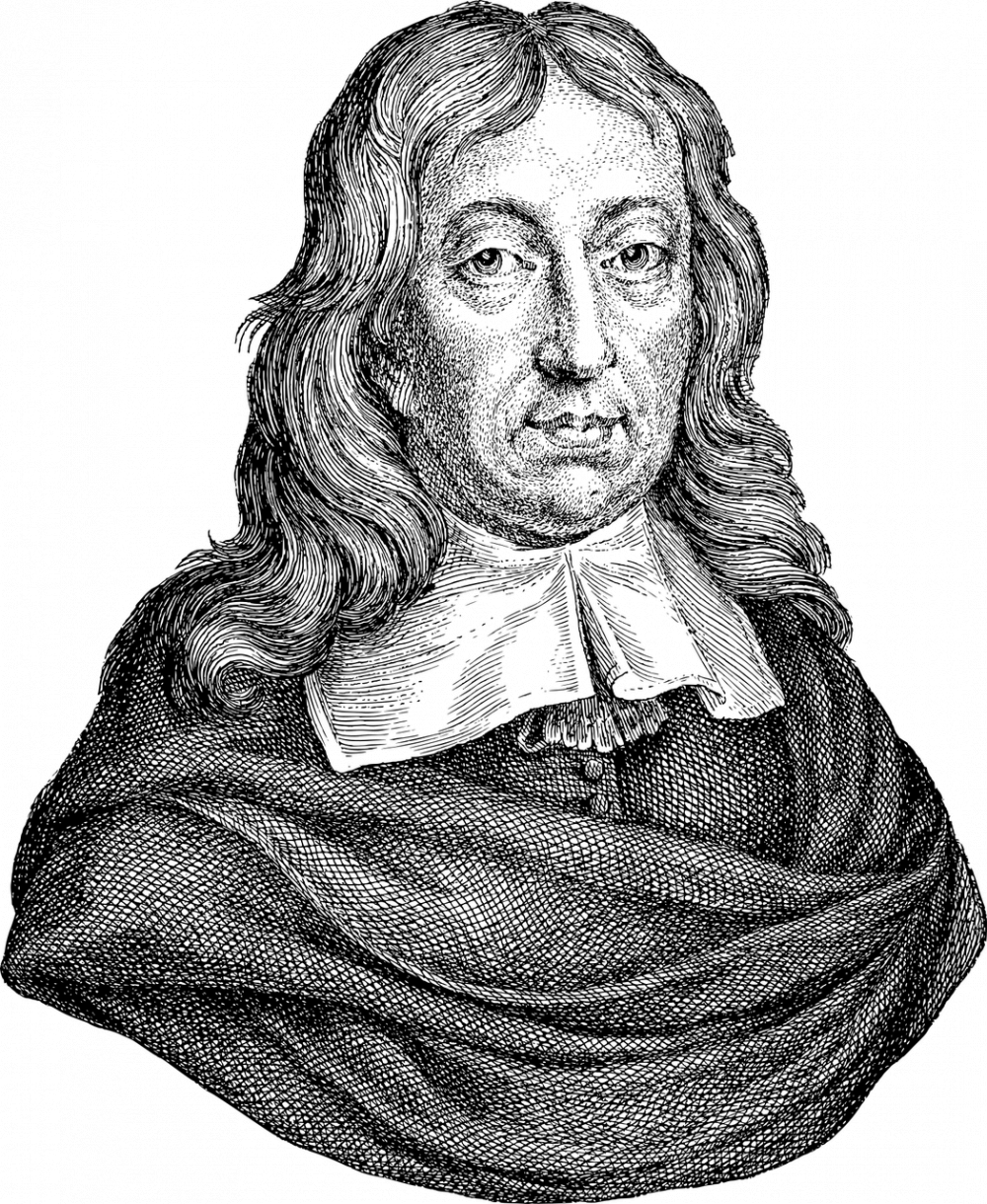George Orwell: A Revolutionary writer in the Midst of Time

Introduction:
George Orwell, an acclaimed writer of the 20th century, remains a name that continues to captivate the minds of literature enthusiasts and political thinkers alike. Born Eric Arthur Blair on June 25, 1903, in Motihari, British India, Orwell’s works have been widely recognized for their powerful social commentary and incisive critique of totalitarian regimes. With an acute awareness of the political climate of his time, Orwell’s works have stood the test of time, resonating with readers across generations.
Historical Evolution:

1. The Early Years: Orwell’s early experiences, including his education at prestigious English schools such as St Cyprian’s, significantly shaped his worldview. The injustices he witnessed during his formative years laid the foundation for the themes of social inequality and political oppression that would pervade his later works.
2. The Spanish Civil War: Orwell’s participation in the Spanish Civil War (1936-1939) marked a turning point in his life. Serving with the Republican faction, he witnessed firsthand the devastating effects of totalitarianism, fueling his determination to expose and denounce such regimes in his writing.
3. Animal Farm: Published in 1945, “Animal Farm” stands as a scathing allegory of the Soviet Union under Joseph Stalin. Through the use of anthropomorphism, Orwell ingeniously satirizes the corruption and abuse of power inherent in any totalitarian society. The novel’s memorable characters and its iconic line, “All animals are equal, but some animals are more equal than others,” continue to resonate with readers worldwide.
4. Nineteen Eighty-Four: Orwell’s magnum opus, “Nineteen Eighty-Four,” published in 1949, presents a dystopian vision of a future dominated by an all-powerful government known as Big Brother. Orwell’s prescient depiction of surveillance, thought control, and the erosion of individual freedoms continues to make this novel a chilling and thought-provoking read. This timeless masterpiece has become synonymous with the dangers of unchecked authority.
5. Political Influences: Orwell’s experiences living through the rise of fascism and his interactions with prominent socialist intellectuals of his time heavily influenced his writing. His disillusionment with communism, born out of his experiences in Spain, served as a catalyst for his anti-totalitarian stance.
Locating Orwell in Modern Society:
Today, George Orwell’s works continue to serve as a cautionary reminder and an inspiration for those seeking to understand and resist oppressive regimes. His writings have been translated into countless languages and adapted for various mediums, including film and theater. Orwell’s astute observations and his unwavering commitment to truth have cemented his status as a literary icon for the ages.
Conclusion:
George Orwell’s enduring relevance as a writer and political commentator can be attributed to his ability to shed light on the universal themes of power, control, and individual freedom. His writings continue to be studied and analyzed, offering invaluable insights into the human condition and the dangers of authoritarianism. As readers delve into the world of Orwell’s timeless works, they are confronted with a stark reminder of the importance of vigilance and the preservation of democratic values. In an age of increased surveillance and societal manipulation, Orwell’s works serve as a poignant reminder of the power of literature in inspiring change and prompting critical thinking.
References:
– [Insert references here]
Bulletpoints:
– George Orwell, a renowned writer and social critic known for his powerful social commentary.
– Orwell’s early experiences and education shaped his worldview.
– Participated in the Spanish Civil War, which influenced his anti-totalitarian stance.
– “Animal Farm” serves as a scathing allegory of the Soviet Union under Stalin.
– “Nineteen Eighty-Four” presents a dystopian vision of a totalitarian future.
– Orwell’s writings continue to be relevant in modern society, inspiring readers to resist oppressive regimes.
– His works have been translated into numerous languages and adapted for various mediums.
– George Orwell’s enduring relevance as a writer and political commentator.
– His writings offer invaluable insights into power, control, and individual freedom.
– Orwell’s works serve as a reminder of the power of literature in inspiring change and critical thinking.











